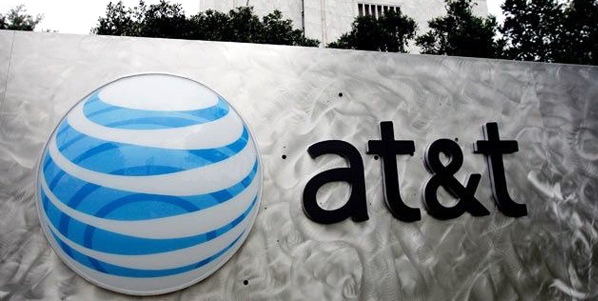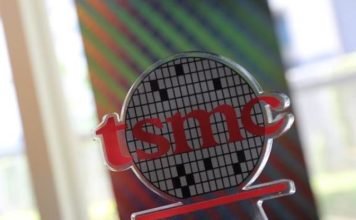The $45.2 billion proposed deal between Comcast and Time Warner Cable would harm AT&T, the telecom carrier told U.S. regulators on Wednesday.
AT&T in its filing to gain support for its $48.5 billion acquisition of DirecTV, the largest U.S. satellite TV provider, said the acquisition of DirecTV would offer consumers access to video in a variety of media and give the company scale to compete with larger cable competitors.
AT&T said it needed DirecTV’s customer base to give it scale to compete with its principal competitors, Time Warner Cable and Philadelphia-based Comcast .
“Cable has long been the dominant provider of broadband and video services in the United States, and if the Comcast / Time Warner Cable / Charter transactions are completed, that dominance will swell even further,” it said.
AT&T did not mention about other potential threats.
The agency will review the $48.5 billion deal announced on May 18 that would give AT&T more than 38 million satellite-TV customers in the U.S. and in Latin America.
American regulator Federal Communications Commission is currently reviewing the proposed deals between Comcast and Time Warner Cable, and AT&T and El Segundo, California-based DirecTV.
If both deals are approved as proposed, Dallas-based AT&T and Comcast would have about 55 percent of the pay-TV market, a prospect that may spur acquisitions among others looking for scale, according to Bloomberg Industries.
AT&T, the No. 2 wireless carrier behind Verizon Wireless, said: “Each company cannot provide on its own what consumers increasingly demand: an integrated and efficient bundle of high-speed broadband and high-quality video from a single provider.”
AT&T said in the filing that a merger would allow customers to save on services through wireless, wireline and television bundles AT&T cannot provide because of its limited video footprint.
The proposed merger will also face an antitrust review at the U.S. Department of Justice, where critics are expected to raise questions about the areas where AT&T’s and DirecTV’s TV services overlap, Reuters reported.
In Wednesday’s filing to FCC, the American telecom carrier said that DirecTV cannot offer bundled services, while AT&T’s video subscribers predominantly choose bundled services, meaning if they abandon AT&T they would be much likelier to switch to cable competitors.
If the merger is approved, AT&T promised to continue to offer broadband Internet at reasonable market-based price and to offer DirecTV satellite video service at a standard nationwide price for three years after the merger’s closing.
Reuters reported that the company also reaffirmed its pledge to abide by the FCC’s 2010 “net neutrality” rules, which prohibit Internet service providers from blocking or slowing down users’ access to websites and applications for three years after the closing of the acquisition, even though they were thrown out by an appeals court in January.
The company also said if the merger is approved, it plans to expand its broadband offerings to 15 million customers primarily in rural areas.






